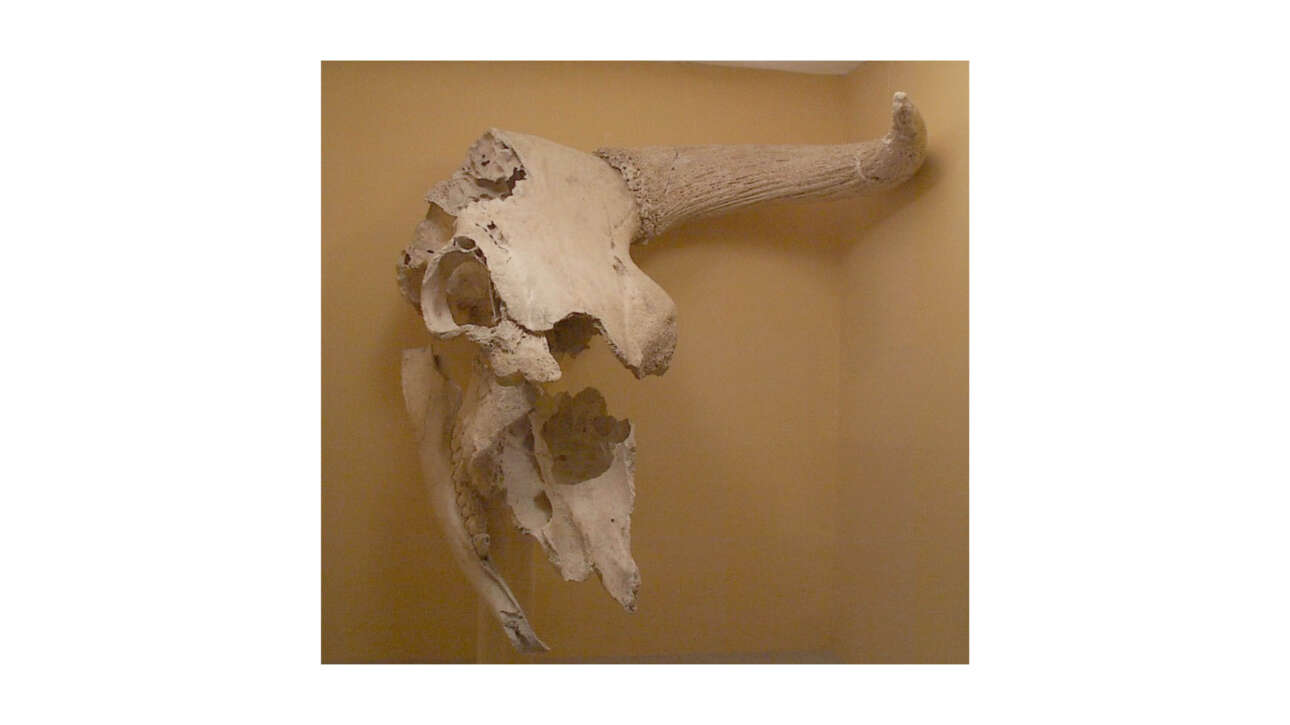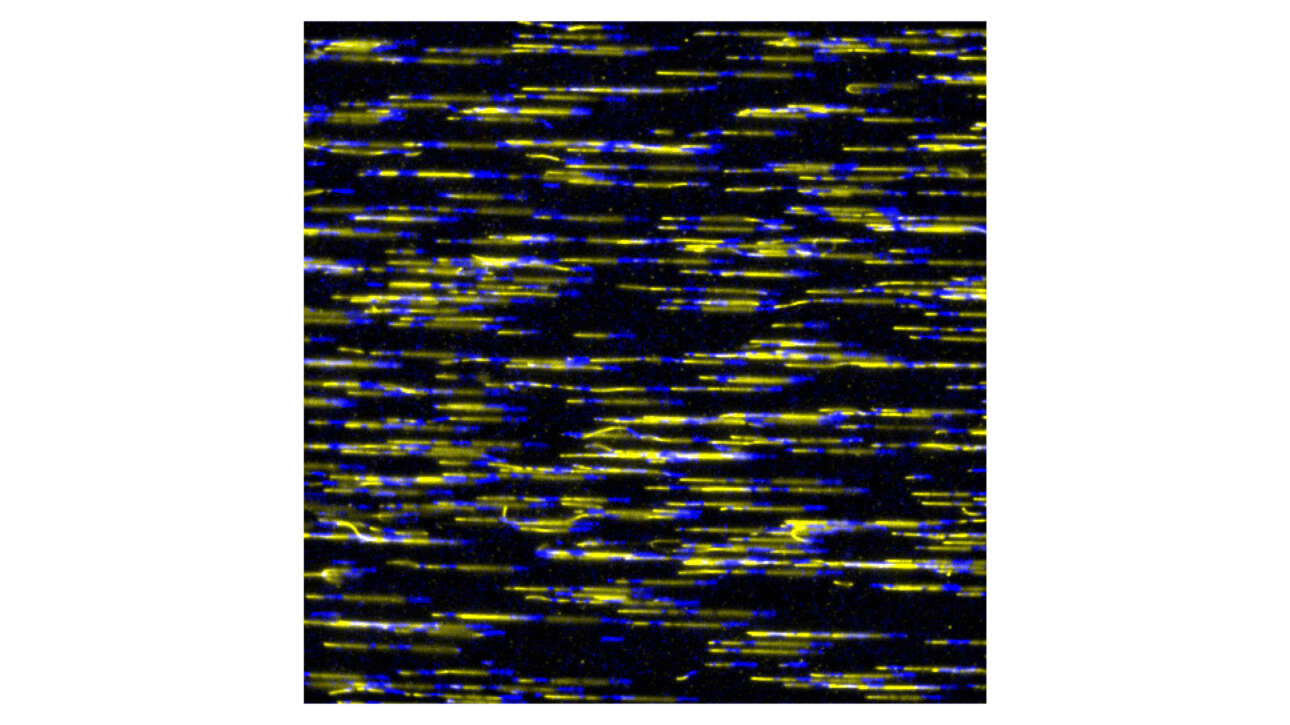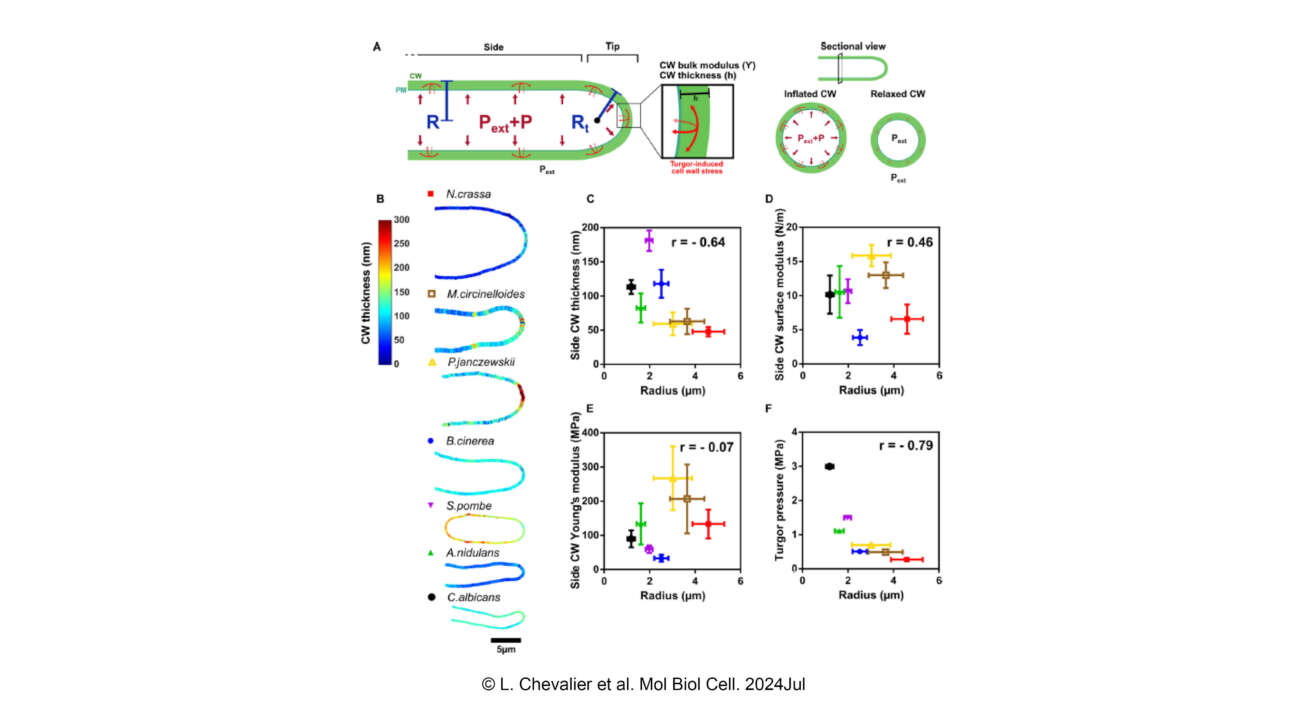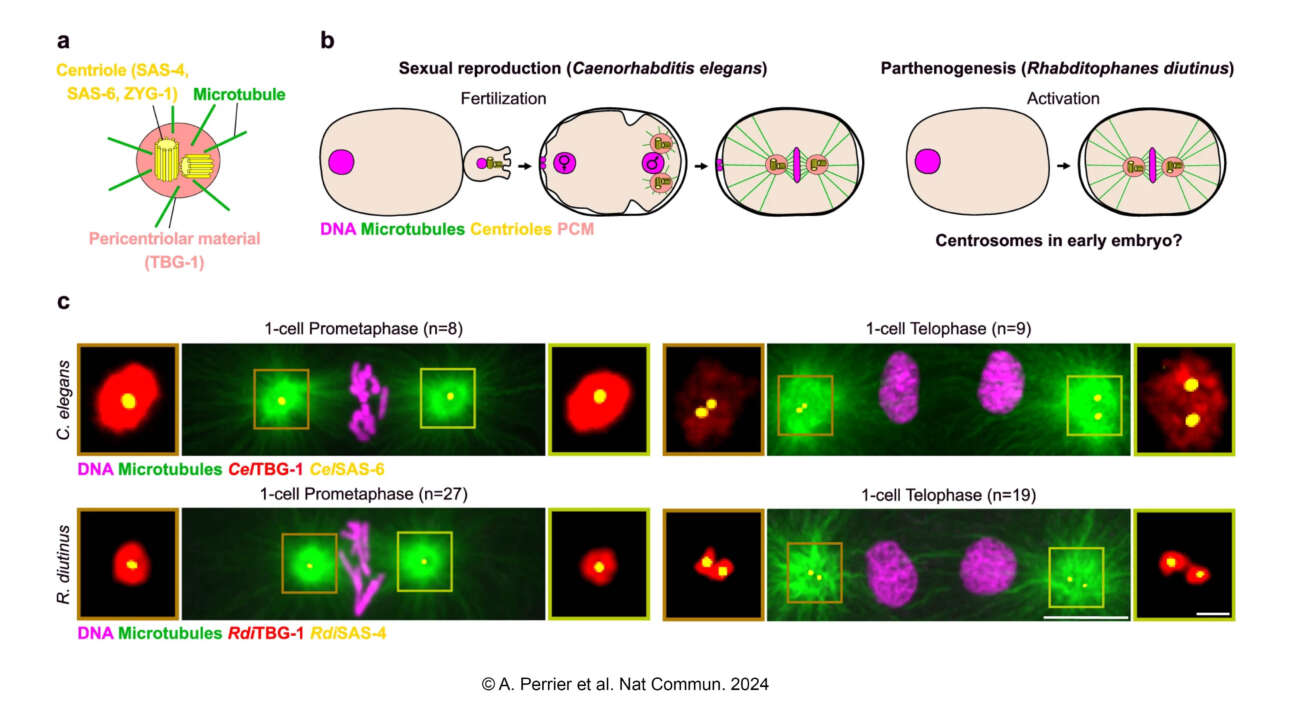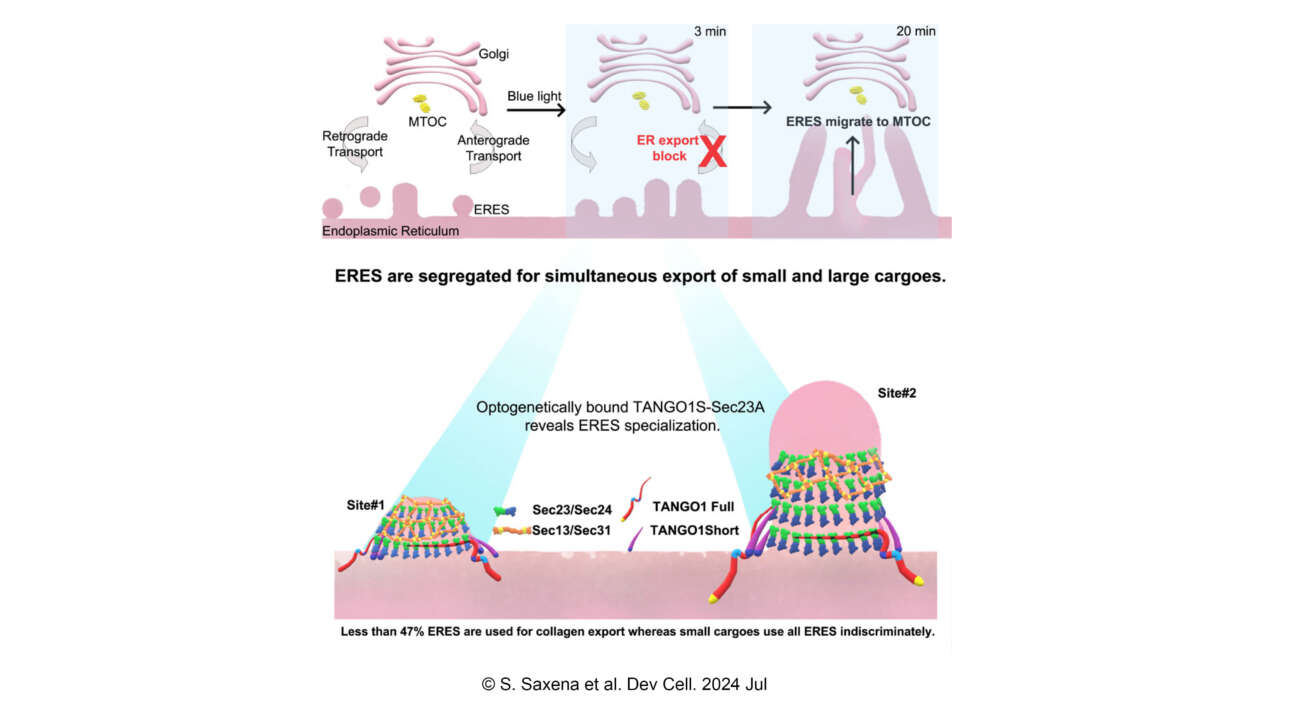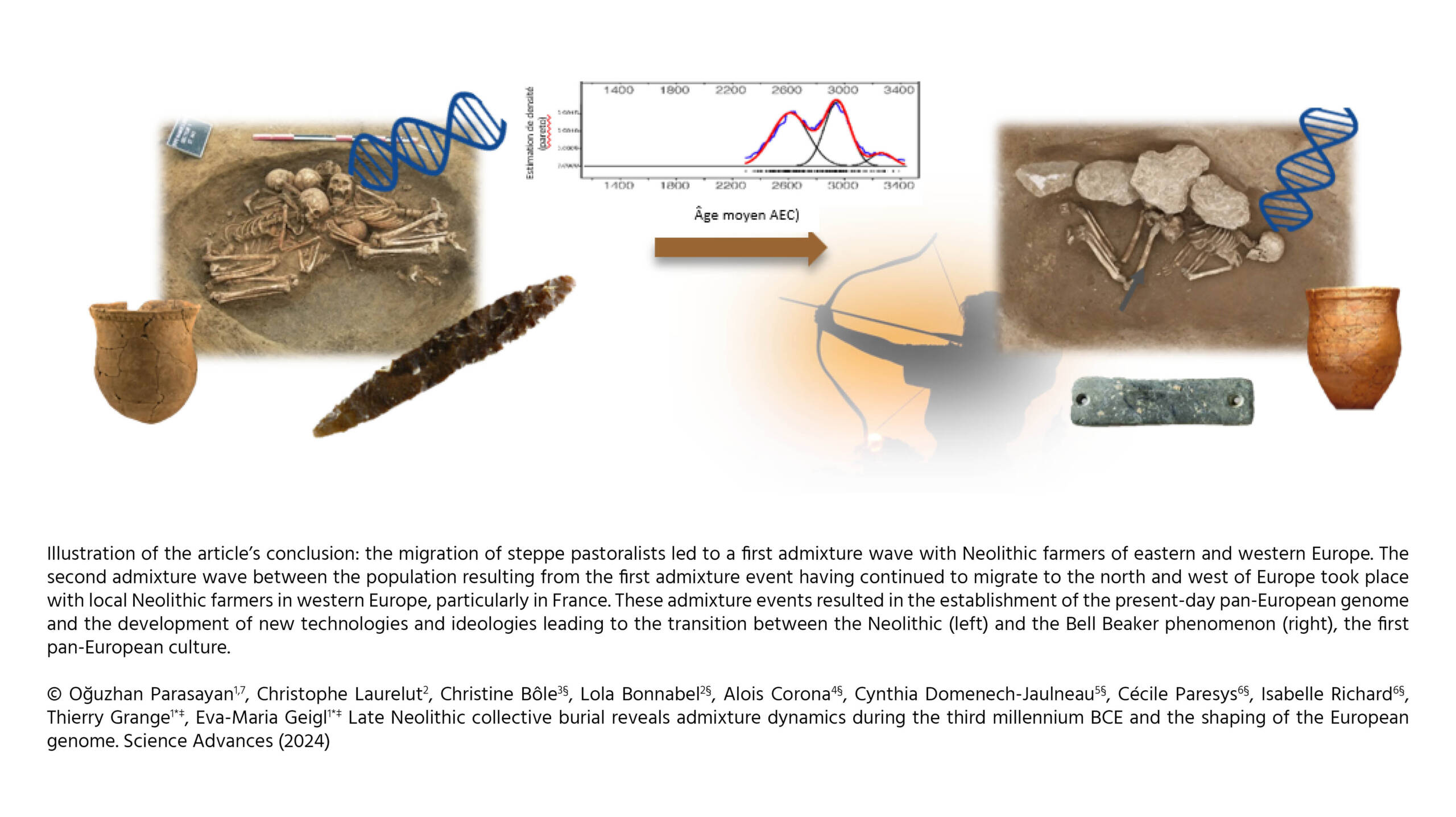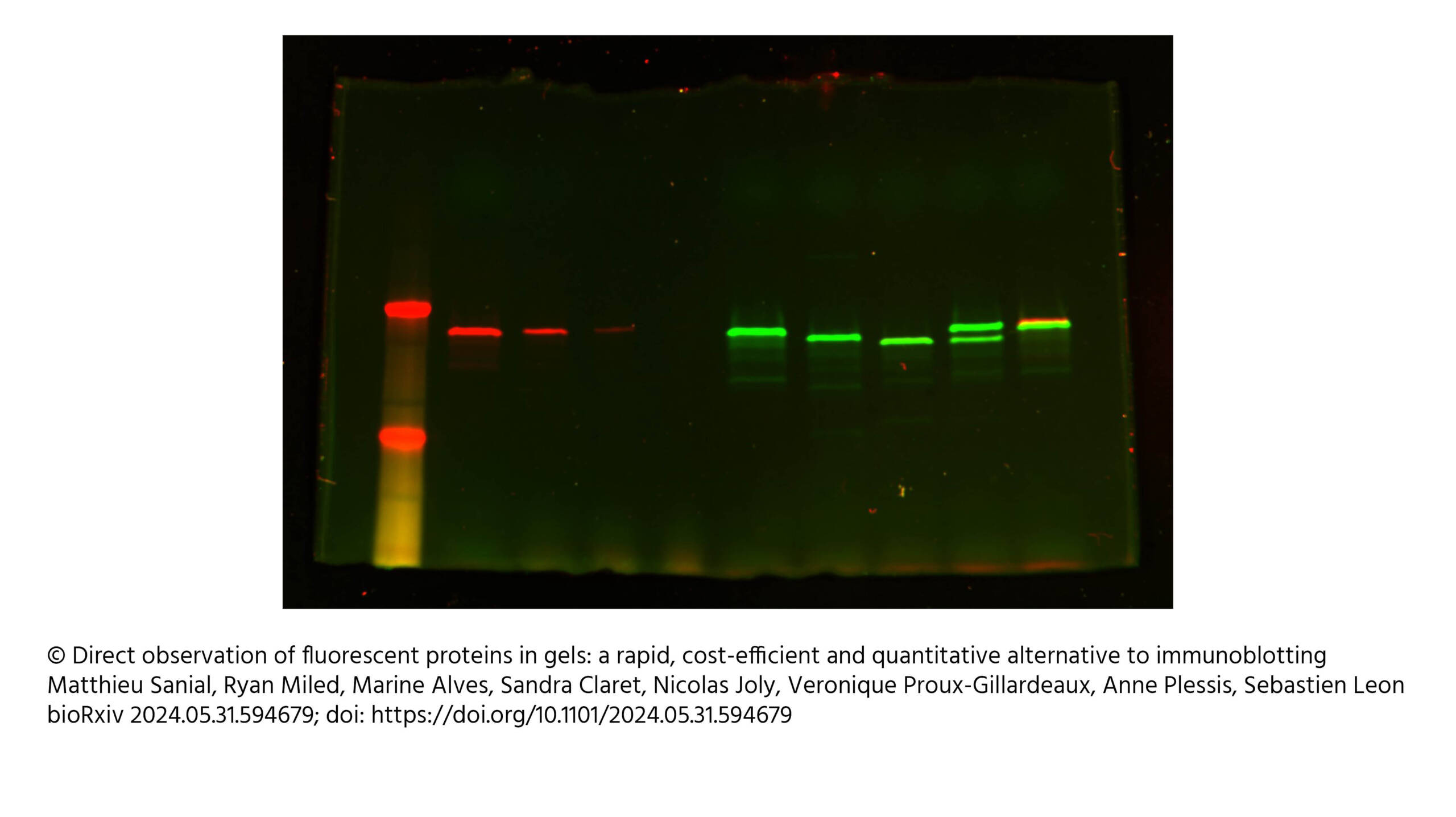The Grange/Geigl Lab contributed to the publication to a new in Annals of Rheumatic Diseases :
SerpinA3N limits cartilage destruction in osteoarthritis by inhibiting macrophage-derived leucocyte elastase
Abstract:
Objectives Inflammatory mediators such as interleukin 6 (IL-6) are known to activate catabolic responses in chondrocytes during osteoarthritis (OA). This study aimed to investigate the role of a downstream target…
